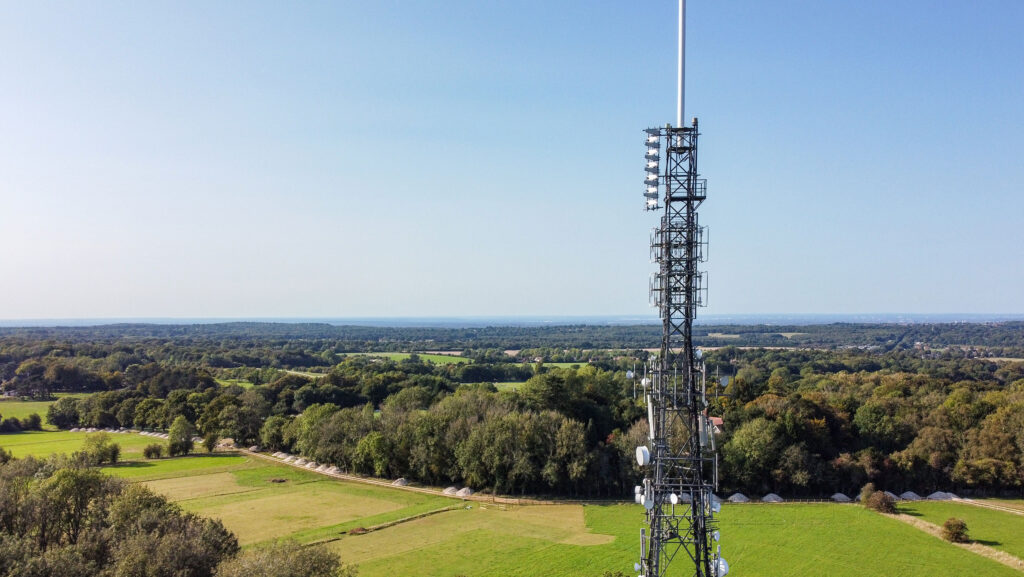Legal ruling to increase rents for masts on farmland
 © Adobe Stock
© Adobe Stock Rents paid by telecoms operators for masts on farmland are set to increase by more than 130%, following a recent ruling in the Upper Tribunal Lands Chamber.
A tribunal decision in the case of EE and H3G v AP Wireless II (UK) Limited (Vache Farm) ruled that the standard rental value for masts should increase from £750 to £1,750 a year for an “unexceptional rural site”.
The case was related to a lease renewal on a mast at Vache Farm, near Chalfont St Giles, in Buckinghamshire.
See also: Growing landlord income options put pressure on tenancies
Paul Williams, head of telecoms at Carter Jonas, was involved with the ruling related to Vache Farm and gave evidence as the expert valuation witness for AP Wireless.
Mr Williams said: “This will make a huge difference to many landowners who host telecoms sites, especially in rural settings, where the tribunal was persuaded that a greater-than-inflation increase should apply.
“This isn’t about extracting huge amounts of money from the operators; it’s about receiving a payment that is reasonable for the rights that are being granted, and the burdens that inevitably come with hosting telecoms, rather than a less intrusive tenant, or more passive use.”
He added: “We’re only dealing with relatively small sums of money, but if you imagine that this will apply to tens of thousands of sites across the UK, it’s a significant outcome, which along with a general presumption that inflation on other decisions apply, will hopefully encourage a more equitable approach, and engagement from both sides in the transaction.”
Historic payments
This ruling represents a significant increase in rental income from masts for landowners.
However, the increase remains significantly below the amount paid prior to the Electronic Communications Code being reformed in 2017, when landowners often received between £5,000 and £7,000 a year.
Graham Jones, senior associate at law firm Howes Percival, said the recent ruling will alter the starting point for agents negotiating on behalf of landowners from now on.
“This case has the potential to increase significantly the level of rent achieved by rural landowners under the Code, though it is still not anywhere near the values prior to the Code’s introduction in 2017,” said Mr Jones.
